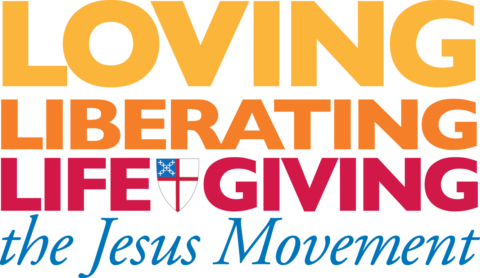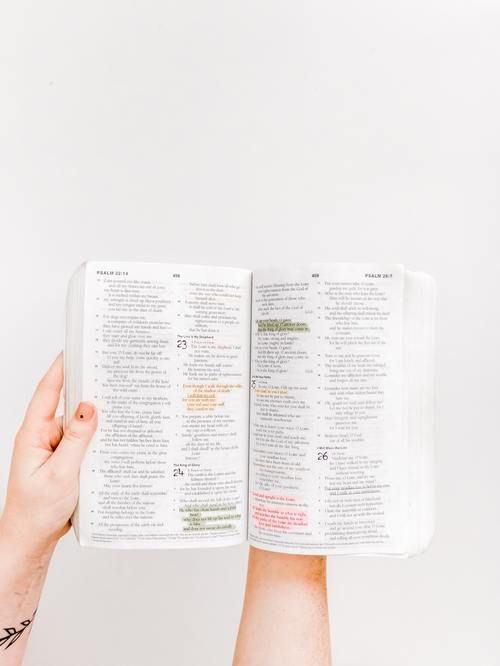The Episcopal Church
Episcopalians believe in a loving, liberating, and life-giving God: Father, Son, and Holy Spirit. As constituent members of the Anglican Communion in the United States, we are descendants of and partners with the Church of England and the Scottish Episcopal Church, and are part of the third largest group of Christians in the world.
We believe in following the teachings of Jesus Christ, whose life, death, and resurrection saved the world.
We believe that God loves you – no exceptions.
We believe in following the teachings of Jesus Christ, whose life, death, and resurrection saved the world.
We believe that God loves you – no exceptions.


LGBTQIA+ Inclusion
Christ Church Cathedral is a welcoming and affirming church. We have long welcomed and embraced our brothers and sisters who are a part of the LGBTQIA+ community. We believe God’s love is for everyone.
The Episcopal Church has a legacy of inclusion, aspiring to tell and exemplify God’s love for every human being; women and men serve as bishops, priests, and deacons in our church. Laypeople and clergy cooperate as leaders at all levels of our church. Leadership is a gift from God and can be expressed by all people in our church, regardless of gender, sexual identity or orientation.
The Episcopal Church has a legacy of inclusion, aspiring to tell and exemplify God’s love for every human being; women and men serve as bishops, priests, and deacons in our church. Laypeople and clergy cooperate as leaders at all levels of our church. Leadership is a gift from God and can be expressed by all people in our church, regardless of gender, sexual identity or orientation.
The Jesus Movement
God is love, and God’s very being is a trinity of loving relationship: Father, Son and Holy Spirit. In Christ, God invites us to share that love; wherever there is pain or alienation, God longs to knit all people and creation back into wholeness and relationship.
The Jesus Movement is the ongoing community of people who center their lives on Jesus and following him into loving, liberating and life-giving relationship with God, each other and creation.
Together, we follow Jesus as we love God with our whole heart, soul and mind and love our neighbors as ourselves (Matthew 22:36-40), and restore each other and all of creation to unity with God in Christ (BCP, p. 855).
Jesus launched this movement when he welcomed the first disciples to follow his loving, liberating, life-giving Way. Today, we participate in his movement with our whole lives: our prayer, worship, teaching, preaching, gathering, healing, action, family, work, play and rest.
In all things, we seek to be loving, liberating and life-giving—just like the God who formed all things in love; liberates us all from prisons of mind, body and spirit; and gives life so we can participate in the resurrection and healing of God’s world.
The Jesus Movement is the ongoing community of people who center their lives on Jesus and following him into loving, liberating and life-giving relationship with God, each other and creation.
Together, we follow Jesus as we love God with our whole heart, soul and mind and love our neighbors as ourselves (Matthew 22:36-40), and restore each other and all of creation to unity with God in Christ (BCP, p. 855).
Jesus launched this movement when he welcomed the first disciples to follow his loving, liberating, life-giving Way. Today, we participate in his movement with our whole lives: our prayer, worship, teaching, preaching, gathering, healing, action, family, work, play and rest.
In all things, we seek to be loving, liberating and life-giving—just like the God who formed all things in love; liberates us all from prisons of mind, body and spirit; and gives life so we can participate in the resurrection and healing of God’s world.


The Bible
The 39 Articles, a 1536 foundational document of Anglican theology, relates that “Holy Scripture containeth all things necessary to salvation.” The Scriptures, comprised of the Old and New Testament, as well as some apocryphal texts, were written under the inspiration of the Holy Spirit.
The Bible is of extraordinary importance to Episcopal worship; during a Sunday morning service, the congregation will usually hear at least three readings from Scripture, and much of the liturgy from The Book of Common Prayer is based explicitly on the Biblical texts. According to the Catechism, “We understand the meaning of the Bible by the help of the Holy Spirit, who guides the Church in the true interpretation of the Scriptures” (p. 853-4)
There are several translations of the Bible authorized for use, including:
King James or Authorized Version (the historic Bible of The Episcopal Church)
English Revision (1881)
American Revision (1901)
Revised Standard Version (1952)
Jerusalem Bible (1966)
New English Bible with the Apocrypha (1970)
Good News Bible / Today’s English Version (1976)
New American Bible (1970)
Revised Standard Version, an Ecumenical Edition (1973)
New International Version (1978)
New Jerusalem Bible (1987)
Revised English Bible (1989)
New Revised Standard Version (1990)
Common English Bible (2012)
The Bible is of extraordinary importance to Episcopal worship; during a Sunday morning service, the congregation will usually hear at least three readings from Scripture, and much of the liturgy from The Book of Common Prayer is based explicitly on the Biblical texts. According to the Catechism, “We understand the meaning of the Bible by the help of the Holy Spirit, who guides the Church in the true interpretation of the Scriptures” (p. 853-4)
There are several translations of the Bible authorized for use, including:
King James or Authorized Version (the historic Bible of The Episcopal Church)
English Revision (1881)
American Revision (1901)
Revised Standard Version (1952)
Jerusalem Bible (1966)
New English Bible with the Apocrypha (1970)
Good News Bible / Today’s English Version (1976)
New American Bible (1970)
Revised Standard Version, an Ecumenical Edition (1973)
New International Version (1978)
New Jerusalem Bible (1987)
Revised English Bible (1989)
New Revised Standard Version (1990)
Common English Bible (2012)
